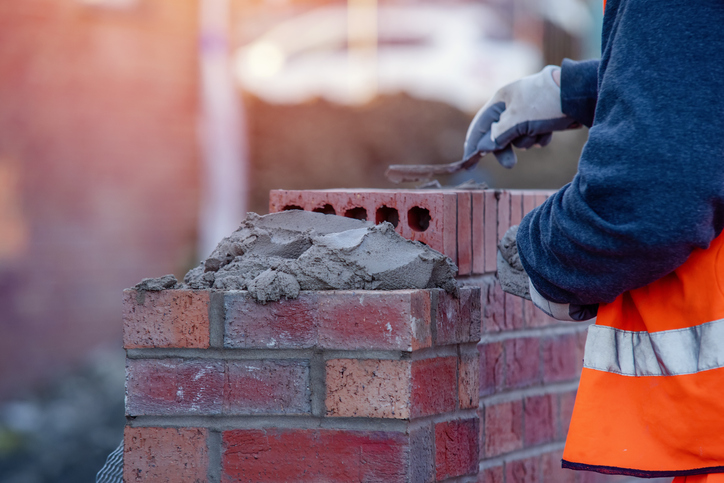
A seismic change took place in the way litigation is conducted in England and Wales for claims issued after 1 October 2023, with the introduction of new rules. Slightly different start dates apply to personal injury claims and disease claims.
There are now four tracks to which a case can be assigned, being the Small Claims Track, the Fast Track, the Intermediate Track and the Multi-Track.
The Intermediate Track is the new track which has been created and extends the fixed costs regime for cases up to a value £100,000.
The Fast Track and the Intermediate Track now have complexity bands, which have fixed costs attributed to them. The fixed costs will depend on the stage of the litigation reached. The Fast Track has 4 phases, and the Intermediate Track has 15 phases.
Therefore, allocation will become increasingly important and there is likely to be scope for significant disputes between the parties about which track and complexity band the case should be allocated to.
There is likely to no longer be a need to submit Costs Budgets for cases up to £100,000, as these cases are no longer likely to be allocated to the Multi Track.
The provisions of Part 36 of the Civil Procedure Rules have also been changed, so that a Claimant who recovers more than its Part 36 offer will obtain a 35% uplift on the applicable fixed costs (as opposed to an award of indemnity costs).
The complexity bands can be seen in CPR 26.14, which sets out 4 bands for both the Fast Track and the Intermediate Track.
By way of a worked example, if a Claimant is unhappy with work carried out on their extension and claimed against their builder for £20,000 the Court will firstly decide which track the claim should be allocated to.
The Court is likely to allocate the claim to the Fast Track on the basis that the Claimant is seeking monetary relief of not more than £25,000. The Court will also need to consider if it is in the interests of justice for the claim to be allocated to the Fast Track and that the trial will last for no more than one day.
Assuming the Court does allocate the claim to the Fast Track, it will then assign the case to one of 4 complexity bands. From reviewing Table 1 in CPR 26.14, it is likely the Court will assign the Claim to Band 4, as this is the default band for “building and property disputes”.
If the Claim goes as far as trial and the Claimant recovered £20,000, the professional costs awarded would be £7,900 plus an amount equivalent to 40% of the damages recovered (£8,000). A trial advocacy fee of £1,600 would also be recoverable, giving a total £17,500 in respect of professional costs (excluding disbursements).
These changes are likely to have a significant impact on litigation moving forwards. It will be important for all parties to a dispute that has the potential of being allocated to either the Fast Track or Intermediate Track, to consider the affect this may have on their case and the costs that may be recovered from an opposing party.
For more information regarding a potential claim, contact BHW’s litigation team on 0116 289 7000 or email info@bhwsolicitors.com.
